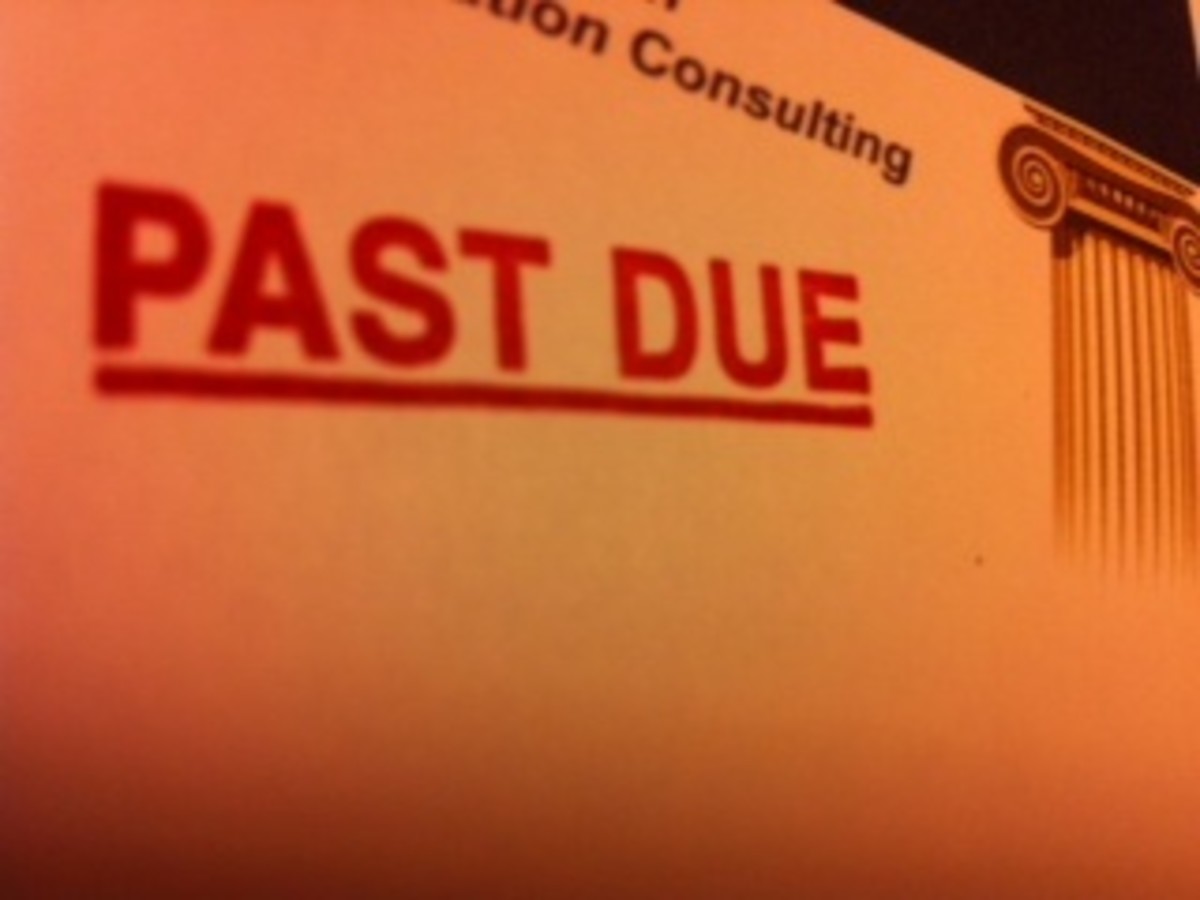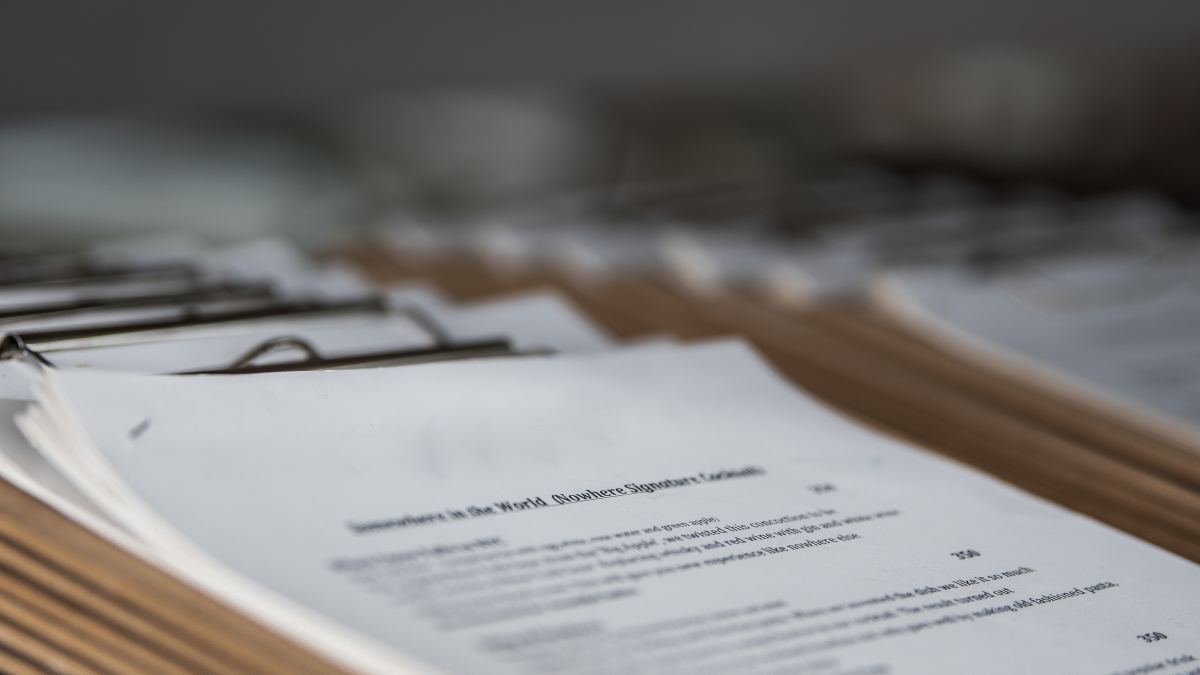Libraries Can Send Fines to Collection Agencies
A library fine can not only be sent to a collection agency – it could potentially damage your credit score. When you leave library fines unpaid, the library, like any creditor, gives you a specific amount of time in which to pay off the debt you owe. If you fail to do so, you can rest assured that a collection account will end up on your credit report.
Why Libraries Report Fines to Collection Agencies
There once was a time not so long ago when libraries simply pursued fines for overdue materials themselves. Unfortunately, whether or not the library was able to collect on the fine depended completely on the debtor. If the debtor chose not to pay, he simply didn’t.
Libraries were losing revenue quickly. Not only had the popularity of the internet taken a deep cut from their business, but people were checking out books and never returning them. Why bother, when carrying a library fine didn’t come with any consequences? Thus, libraries began hiring collection agencies to handle fines.
Collection Accounts For Overdue Library Books
As soon as a collection agency took on an individual’s account it would report the amount he owed to the credit bureaus – regardless of how paltry the debt actually was. This could easily result in an individual credit being damaged due to a library fee under $10 that he merely overlooked. Libraries benefited greatly, however, since many consumers quickly paid up in an effort to spare their credit rating.
This, of course, was wholly ineffective. Although the library would notify the collection agency that the debt had been paid, the FCRA allows collections accounts to legally remain on a credit report for up to seven years. Paid collection accounts aren’t any less detrimental to credit than unpaid ones.
The Collection Agency Keeps a Percentage of the Fine
Although many library fines are so small that the idea of even considering them a genuine debt is comical, some are nothing to scoff at. If an individual, for example, borrowerd several hundred dollars’ worth of library books and failed to ever return them, the resulting fine – and fee for the library books – would be significant. The library collection agency benefits by getting to keep a percentage of the total amount the individual pays.
Some library collection agencies, such as Unique National Collections, don’t accept payments from debtors at all. These companies instruct the debtor to submit his payment to the library itself. The library then pays the collection agency separately
Library Fines May Not Hurt Your Credit Score
Although your creditors will be able to see the collection account for your overdue library books on your credit report long after its been paid off, the affect that the collection account has on your credit score may be minimal – if it impacts your credit score at all.
FICO, in an effort to provide the most accurate reflection of an individual’s likelihood to repay future debts, has officially dropped collection accounts under $100 from its scoring formula. Thus, as long as your library collection account is less than $100, it may still appear on your credit report, but it won’t tarnish your credit score.





